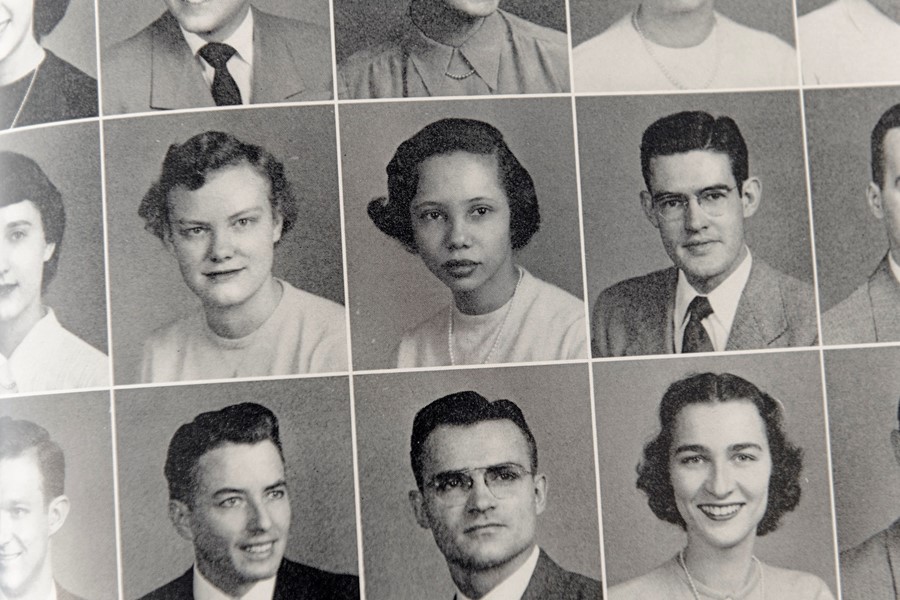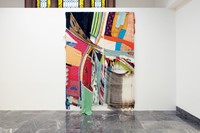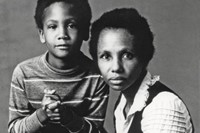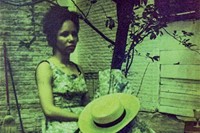Issue two of Study focuses on the formidable work of the African-American playwright Adrienne Kennedy. Here, editor-in-chief Christopher Niquet walks us through the magazine
In the latest issue of Study, a new magazine helmed by French stylist, writer and editor Christopher Niquet, Black women are centre stage. One Black woman in particular, a bona fide genius you’re likely to have never heard of: the formidable, criminally underrated playwright Adrienne Kennedy. Kennedy made her Broadway debut last year with a revival of her play Ohio State Murders. She was 91.
Niquet saw Kennedy’s work on stage for the first time in 2016. Funnyhouse of a Negro (1964), her first play, was being staged at the Signature Theatre in New York as part of an Edward Albee tribute. Niquet had been a fan of Kennedy’s writing for years, and encountering it off the page only intensified his interest. “I saw it probably seven times. Each time I was more and more enamoured with the work and what it said,” he tells AnOther. “At the time I saw the work on stage, there was a lot of talk about racism in America. I was so surprised to read the work of someone who wrote [about] these things in the 60s. She was very confrontational with the way she addressed racism in America.”
Niquet managed to get in touch with Kennedy through a mutual friend and the two began corresponding via email. The launch of Study in 2022 happened to coincide with Kennedy’s Broadway debut; that year, she also won the highly prestigious Medal of the Arts of Drama. “I felt, OK, this is probably the perfect moment to do something with her, as she still has energy and a desire to collaborate,” explains Niquet. “Adrienne is someone for whom I have enormous respect. I’ve always wanted to have people who admire her contribute to something and present that to her as a gift. That was the strong impulse for doing something with her, sharing the work, and, on a personal note, gifting her something I knew she would like.”
Kennedy’s writing is confrontational yet eerily surreal. Her work is more about traces, impressions and states than coherent plots or narratives. The language is sharp, precise as the razor-thin edge of a knife’s blade. Kennedy wields it to unearth the dark heart of racism, the havoc it wreaks on the mind and body; hers is a world of fantasies and nightmares, noir-ish and fever-dreamed. Her protagonists – Black women bursting at the seams with longing, the weight of history and their split selves – shapeshift, their identities unstable, always in flux. Most strikingly, Kennedy’s plays resist easy interpretation. There are no resolutions, nor are there easy answers. Her works challenge, beg careful consideration and re-visiting. In the issue, Kennedy writes, “It was clear I needed a metaphor for race. I was always perturbed, angry, full of hatred, feeling hated, feeling that white America was constantly trying to deprive me of my birthright. I was seeking metaphors, symbols.”
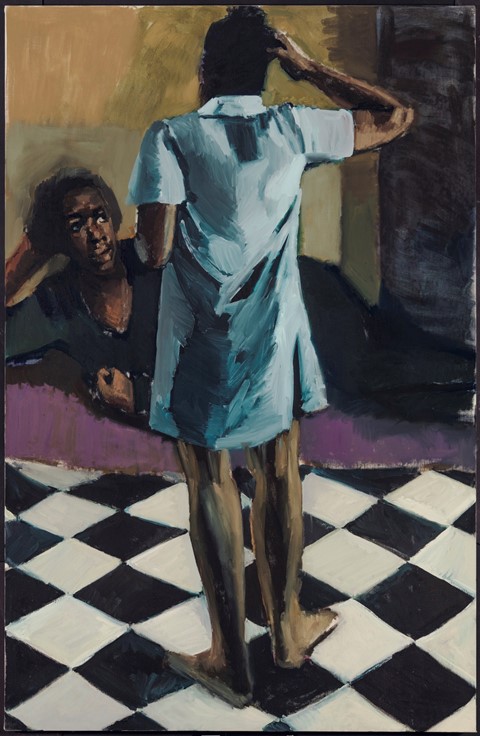
Study’s second issue is a fitting homage to an auteur. Niquet collaborated with Ezra Petronio, editor-in-chief and creative director of Self Service, on the magazine’s art direction. “He helped with the physicality of the magazine and the idea of the magazine being an envelope,” Niquet explains. The issue’s design is playful yet elegant, and features contributions from writer Edwidge Danticat as well as artists Lynette Yiadom-Boakye, Melvin Edwards and Eric N Mack. Niquet selected a different play for each artist to work from: The Owl Answers (1965) for Yiadom-Boakye, A Lesson in Dead Language (1964) for Edwards and He Brought Her Heart Back in a Box (2018) for Mack.
These contributions beautifully evoke the atmosphere of Kennedy’s plays. Yiadom-Boakye’s paintings have a timeless, haunting quality and both Edwards and Mack’s sculptures connote violence and a sense of confinement. An exchange between Kennedy and her grandson Canaan, titled Notes on Copying, recalls the ending of Kennedy’s haunting short story Because of the King of France. “Adrienne is very generous,” says Niquet. “ I felt it was nice to share a bond between a grandmother and grandson [and] the art of writing. It says a lot about her as a person. Because her work is so abstract, violent and political, I thought it was nice to see the sharing, nurturing and teaching side of her.”
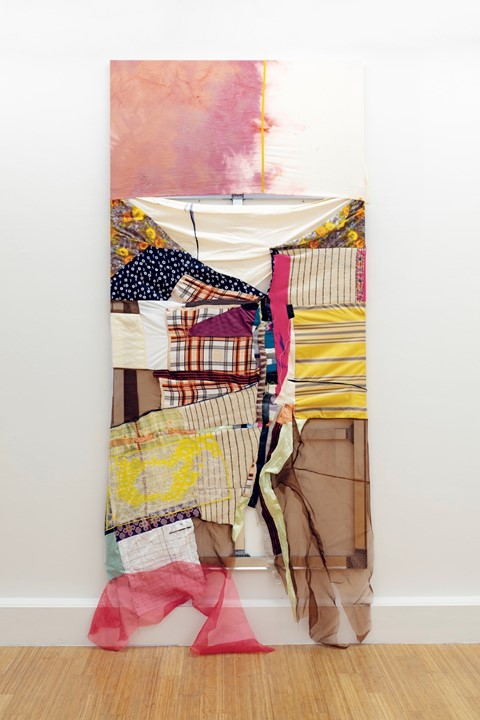
It’s clear that Niquet crafts each issue of Study with the intent to delight readers and challenge their expectations; the first issue centred on Swiss model and Chanel muse Vivienne Rohner. “I wanted to really surprise readers with each issue being as far away from the previous one as possible,” Niquet says. “The reader from issue one might not be the one for issues two, three and four, but you start to create a sense of curiosity.”
Study pushes against the notion of relevance – a label that is often relegated to those who manage to adhere neatly to the establishment or status quo – and has an eye towards legacy instead. An homage, after all, is about recognising a person’s role in history, which in Kennedy’s case is undeniable. The wider world may not recognise it yet, but thankfully in the world of Study, Kennedy is a rightful star.
Issue two of Study is out now.
